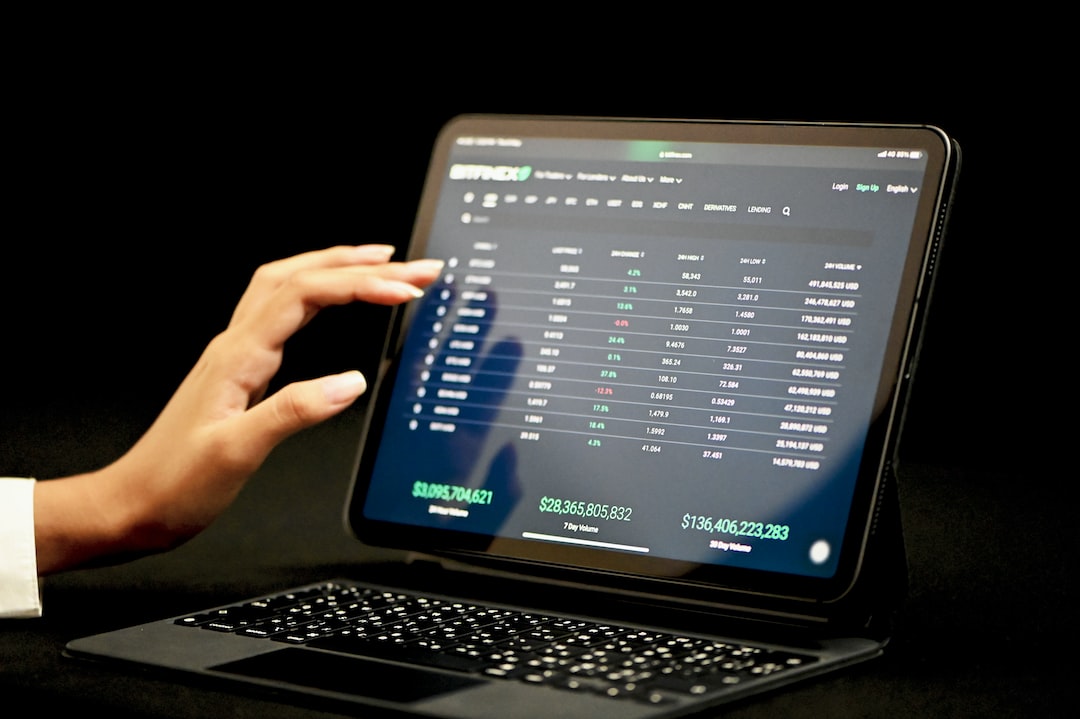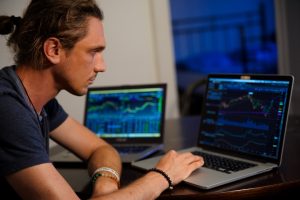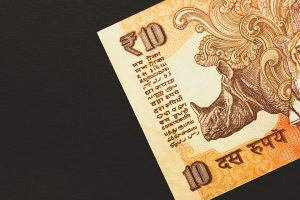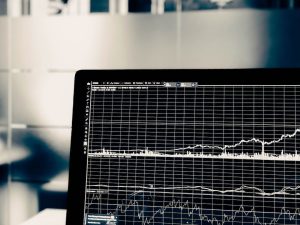Forex, also known as foreign exchange, is the largest financial market in the world. It is a decentralized market, which means that it has no physical location and operates 24 hours a day, 5 days a week. Forex trading involves buying and selling currencies with the aim of making a profit from the fluctuations in their exchange rates.
To facilitate trading in the forex market, there are various entities involved such as banks, brokers, market makers, and dealing desks. In this article, we will discuss what a dealing desk is and how it works in the forex market.
A dealing desk, also known as a market maker, is an entity that provides liquidity to traders by buying and selling currencies at a quoted price. They act as the counterparty to traders’ transactions, which means that they take the opposite side of the trade. For example, if a trader wants to buy EUR/USD, the dealing desk will sell them EUR/USD.
Dealing desks are typically operated by brokers, banks, or financial institutions. They have a team of traders who monitor the market and set the prices at which they are willing to buy and sell currencies. These prices are known as bid and ask prices. The bid price is the price at which the dealing desk is willing to buy a currency, while the ask price is the price at which they are willing to sell it.
Dealing desks make money by earning the spread, which is the difference between the bid and ask prices. For example, if the bid price for EUR/USD is 1.1000 and the ask price is 1.1005, the spread is 0.0005 or 5 pips. This means that if a trader buys EUR/USD at the ask price and immediately sells it back to the dealing desk at the bid price, they will incur a loss of 5 pips.
Dealing desks also earn revenue from commissions and fees charged to traders. For example, some brokers may charge a commission on each trade or a fee for using their trading platform. These charges can vary depending on the broker and the type of trading account.
One of the advantages of trading with a dealing desk is that they provide liquidity to traders. This means that even if there is low market activity or volatility, traders can still buy and sell currencies at the quoted prices. Dealing desks also offer a range of trading tools and platforms to help traders analyze the market and make informed trading decisions.
However, there are also some disadvantages to trading with a dealing desk. One of the main concerns is that dealing desks may have a conflict of interest with their clients. Since they act as the counterparty to traders’ transactions, there is a risk that they may manipulate prices or trade against their clients’ positions. This is known as “stop hunting” and can result in losses for the trader.
To mitigate this risk, some traders prefer to trade with a non-dealing desk broker or use an electronic communication network (ECN) to access the market directly. ECNs connect traders with other market participants, such as banks and institutional investors, and allow for transparent pricing and order execution.
In conclusion, a dealing desk is an entity that provides liquidity to traders in the forex market by buying and selling currencies at quoted prices. They earn revenue from the spread and commissions charged to traders. While dealing desks offer advantages such as liquidity and trading tools, there is also a risk of conflict of interest and manipulation of prices. Traders should carefully consider the pros and cons of trading with a dealing desk and choose a broker that aligns with their trading goals and preferences.






